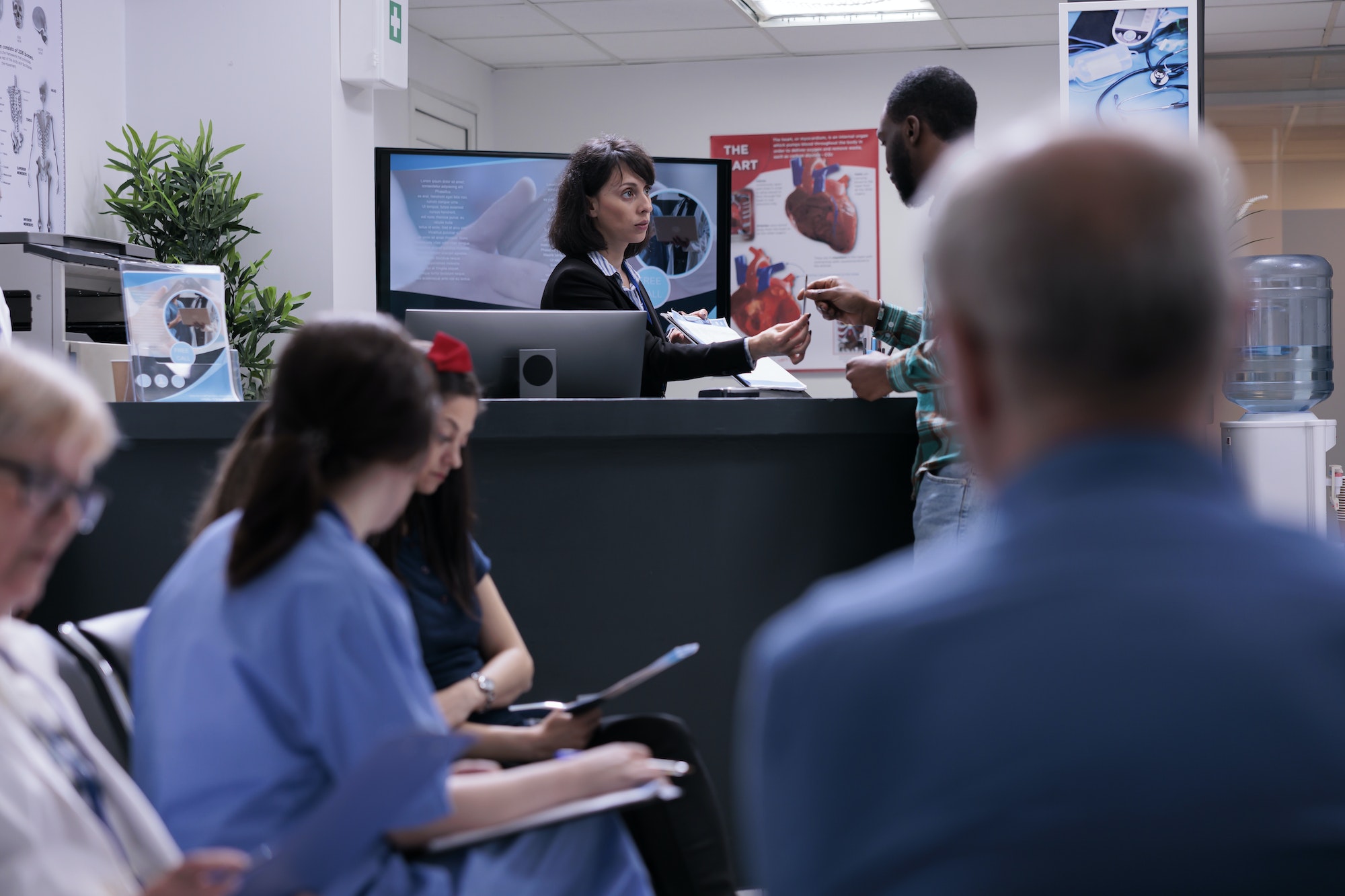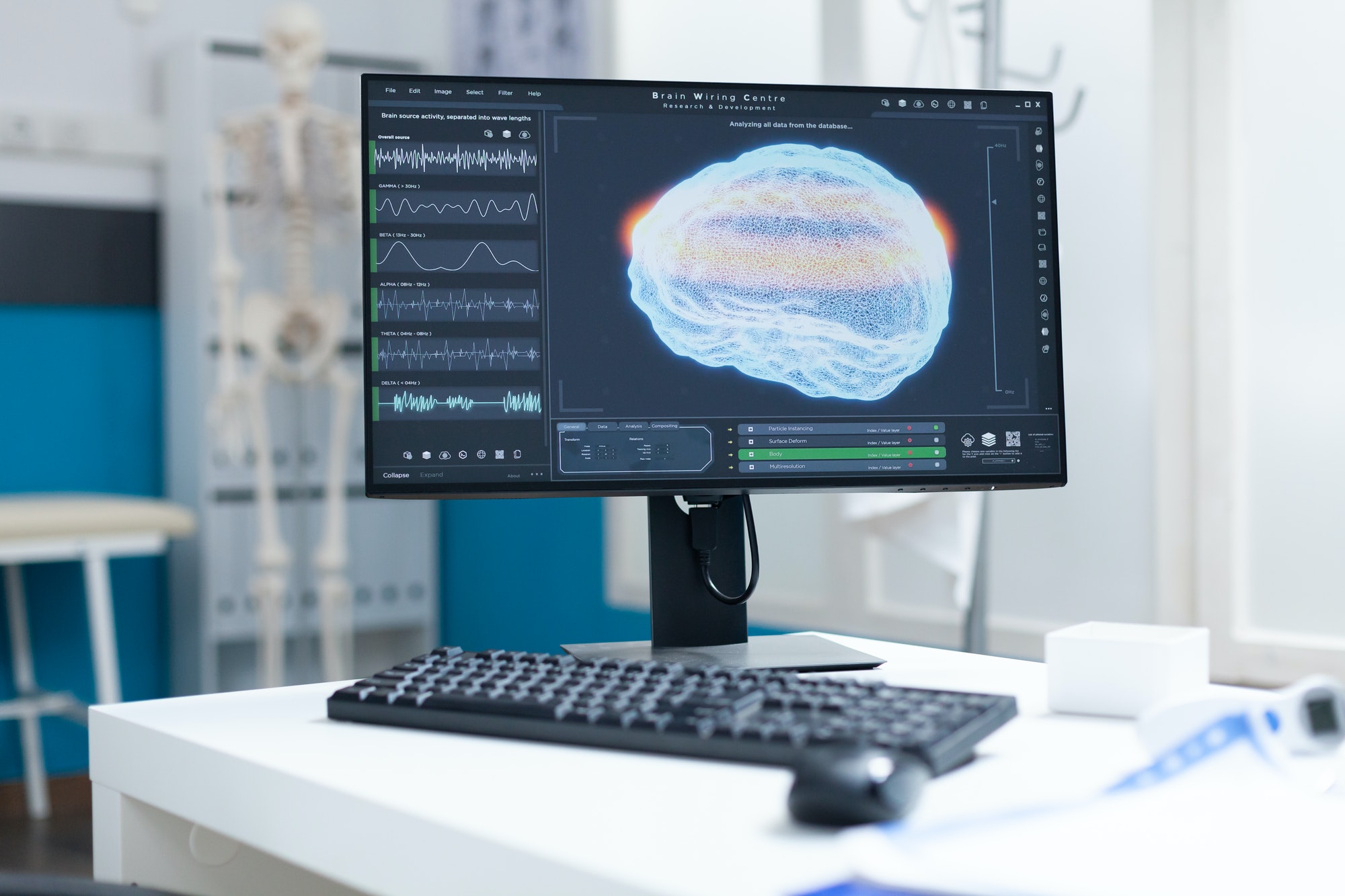DISCLAIMER: The below blog entry was written by an outside, unrelated party and does not necessarily express the opinions or views of or associated with the RemoteICU brand or the individuals associated with the RemoteICU brand. The blog is not necessarily endorsed or supported by RemoteICU nor was the entry reviewed and accepted by individuals associated with RemoteICU. The blog entry is provided simply to address and create interest in topics of import related to telemedicine. Your own independent research and decision-making and seeking of expert / professional opinions are required before you make any decisions whatsoever or form any opinions with respect to any topics addressed therein. By reading the blog entry, you consent to accepting the terms and conditions in this disclaimer.
What is Teleneurology?
Neurology is just one of many fields of medicine that is taking advantage of advances in telemedicine which make it possible for doctors to see, diagnose and treat patients remotely. Using fairly simple equipment like a tv monitor or tablet combined with more powerful communication technologies, providers, including neurologists, can assess a patient whether s/he is at home, in the hospital, or in a medical clinic. With telehealth technology, remote providers can monitor patients’ blood pressure and other vitals in real time and access the health data they need to make diagnoses and treatment decisions.
Teleneurology is especially beneficial to people in underserved areas with limited access to neurology specialists as well as for people who have mobility limitations or who simply prefer the convenience of virtual appointments. In this article, we will explore the uses of teleneurology services as well as the benefits and challenges.
What Neurological Issues Can be Addressed by Teleneurology?
A whole range of neurological disorders can be diagnosed and treated using teleneurology including:
- Headaches – while most headaches are harmless, there are many people who are plagued with migraines and other debilitating headaches on a regular basis. They can take advantage of telehealth services to “see” a neurology specialist quickly when a headache hits rather than making an in-person appointment and hoping that they will be exhibiting symptoms that day. Teleneurology services can provide headache-sufferers with a faster diagnosis and treatment suggestions that will bring them quicker relief.
- Dementia and Alzheimer Disease – neurologists can observe patients remotely to assess their cognitive levels and determine how far dementia has progressed. Teleneurology is especially useful for ongoing assessment and treatment as transporting a patient with dementia to see a neurologist in person can be difficult. Family members or other caregivers can also participate in remote sessions and learn ways they can support the patient.
- Epilepsy – because it can be difficult for patients with epilepsy to travel, teleneurology visits are a real game changer for them. A neurologist can see them having a seizure in real time, observing the physical manifestations while also seeing EEG scans in real-time. In places where there are few neurologists, a nurse or other medical professional can treat epilepsy patients in a clinic while receiving real-time guidance from a teleneurologist who is able to review EEG results remotely.
- Multiple Sclerosis (MS) – teleneurology can be used to monitor disease progression by conducting regular remote assessments of symptoms as well as medication side effects. As with other neurological diseases, MS requires ongoing assessment and monitoring that is much more convenient when telemedicine removes the need for in-person visits that may require long travel times and other inconveniences.
- Stroke – the use of teleneurology in diagnosing and treating stroke is so prevalent that it has its own branch of telemedicine called telestroke. Because time is of the essence when it comes to strokes, having access to a remote neurologist on call is especially crucial for those patients in underserved and rural areas who otherwise might not have the access to the care they need.
The Benefits of Teleneurology
Teleneurology services offer significant benefits to patients and doctors alike, including the following:
- Patients in rural or underserved areas can receive easy access to higher levels of health care from specialists located in major metropolitan areas. Not having to travel (which can be especially difficult for those with brain and spinal cord-related issues) to receive necessary care can also have a huge positive impact on a patient’s mental health, giving them the strength to recover more easily.
- Hospital stays are shortened and outcomes are improved when doctors are able to consult with neurology specialists via teleneurology in situations where the on-site doctors do not have the right expertise to handle a particular case. By sharing the electronic health records and personal health details of the patient in real-time, the remote doctors have all the information they need to offer treatment suggestions without needing to be physically present.
- Family members who may not live near the patient can join teleneurology visits and benefit from hearing firsthand from the doctor. They can also provide accurate health information and family medical history which is especially important when dealing with patients with dementia who may not be able to provide that information themselves.
- Doctors spend years in medical school and in training to perfect their craft. This, and the stresses of the work, often lead to burnout. Among physicians, neurologists have one of the highest rates of burnout.. Having access to remote neurology experts can relieve some of the burden and stress that is placed on on-site neurologists by enabling them to focus on the most emergent cases while relying on remote neurology experts via teleneurology systems to manage other patients.
The Challenges of Teleneurology
While there is plenty of upside to the introduction of teleneurology services into a hospital, there are also some challenges that need to be overcome:
- There is a cost involved in setting up the infrastructure and ensuring that there is strong enough internet connection and high-quality equipment. Unfortunately, it is often the rural hospitals which would benefit the most from teleneurology but which due to budget limitations, may be hesitant to commit the necessary funds. However there are ways to set up a program at a reduced and more affordable price..
- Patients may be concerned about privacy and the transmission of their private health data over the internet. Telehealth data should be protected in the same way as any other health data. It is important to make sure protocols are in place to ensure that security breaches don’t endanger patient privacy.
- While teleneurology can be extremely effective in many cases, there are always going to be situations in which a doctor cannot make the best assessment without physically being able to touch the patient.
- Not all insurance companies in the United States will provide reimbursements for telemedicine services, leaving it up to the patient or medical center to incur the cost.
The Future is in Telemedicine
Telemedicine is here to stay and hospitals and medical centers have the opportunity to enhance the health care that they can provide to their patients by investing in telemedicine technology including teleneurology.
As with all medical treatments, there must be quality control measures in place to ensure patient safety and privacy. Assuming those measures are in place, the benefits of telemedicine to patients and physicians alike are huge, providing more access to care to patients who need it while also easing the burden on overworked doctors.










































